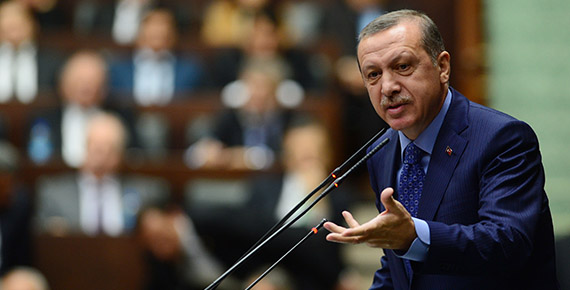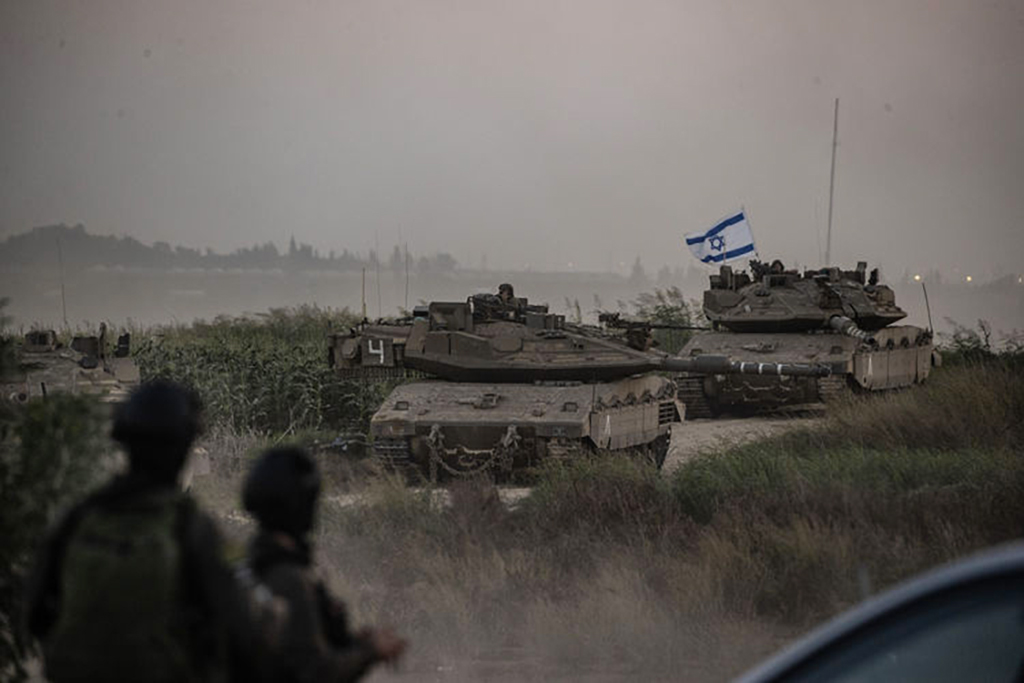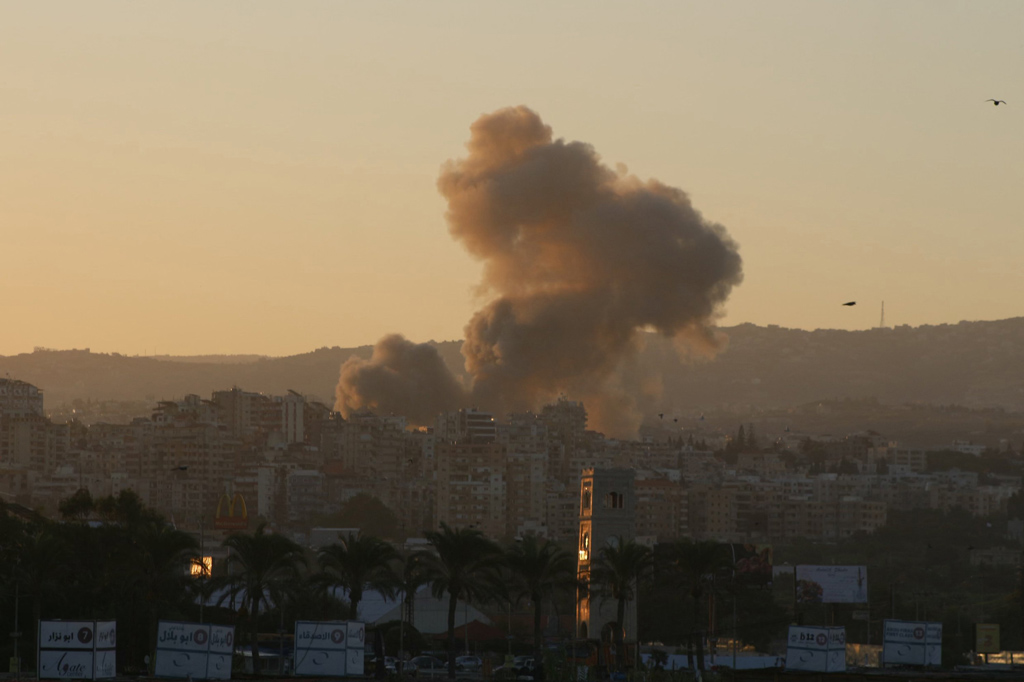We have been facing a new political phenomenon since 2002. That is, the AK Party in power has also maintained an opposition stance given its position and the innovations it has made. This is deemed to be a new phenomenon shaking the grounds of politics, and it continues to do so.
As the AK Party courageously takes risks to find solutions to the most critical issues of Turkey, the existing opposition parties have maintained the status quo and done nothing new. This has not only changed the equation of politics in Turkey but also caused structural breakages in the opposition’s relations with their constituents.
The AK Party took the Constitutional package - seeking amendments in the Constitution written by the September 12 (1980) military coup leaders - to a popular vote. The opposition front, however, rejected the package in order to keep the Constitution untouched. For the main opposition Republican People’s Party (CHP), casting a “No” vote would cause no harm and no cost to the party. But the Nationalist Movement Party’s (MHP) positioning itself in the “No” front was quite devastating for the party grassroots for they had suffered the wrath of the September 12 coup. The MHP grassroots, who mostly consists of nationalist conservatives from the Central Anatolia region, acted otherwise, and voted “Yes” to the package contrary to the party’s position.
During the referendum process, the MHP for functional reasons preferred a nationalist discourse at the cost of losing conservative constituents. In order not to scare away the newly found supporters in the Western part of the country and to keep open the opposition channels against the AKP, the MHP clearly sided with the “No” front in the 2010 referendum. On the other hand, the recent developments show that the MHP did not adopt the nationalist discourse and style for some functional reasons, contrary to how it is viewed. The MHP leader Devlet Bahceli claimed that Turkish citizens who died in the terrorist attacks in Reyhanli, Hatay, were more precious than Syrians who were killed by the Syrian Baath regime in the town of Banyas, Syria. Therefore, he was captured by the nationalist discourse ideologically as well. His comparing the deaths in Hatay and in Banyas in terms of “worth” reveals the unfortunate situation the political opposition in Turkey ends up with.
In contrast to the 2010 Constitutional Referendum, the Solution Process turns into an opportunity for the MHP as it has caused the CHP, led by Kemal Kilicdaroglu, to experience problems in the party. The CHP leader had said that he would support the process; for either he understood the political language the AK Party adopted at the beginning or thought that all social democrats in Turkey supported the process. Obviously though, the CHP abandoned the positive approach and turned against the process with concerns that if the outcome of the process becomes positive, they may lose votes and that can bring the AK Party some gains,.
People who expect of the CHP to adopt a liberal political approach more suitable to the social democratic line of politics are clearly disappointed. Optimistically thinking, the reason could be the dual structure that emerges in the CHP whenever a critical issue comes to the country’s agenda. For a long time, public opinion in Turkey has kept talking about the positions of the nationalist and/or social democrat wings in the CHP rather than the position of the party. The solution process has clearly revealed this dilemma inside the CHP. The society now is curious about with which wing’s principles the CHP will decide to do politics in the next term. In this context, the CHP’s attitude in the Reyhanli attack shows that the party acts with the nationalist-leftist perspective. As the ruling AK Party has adopted the political language that in fact the opposition parties are supposed to adopt, a situation unfamiliar to democratic societies occurs , and the whole









